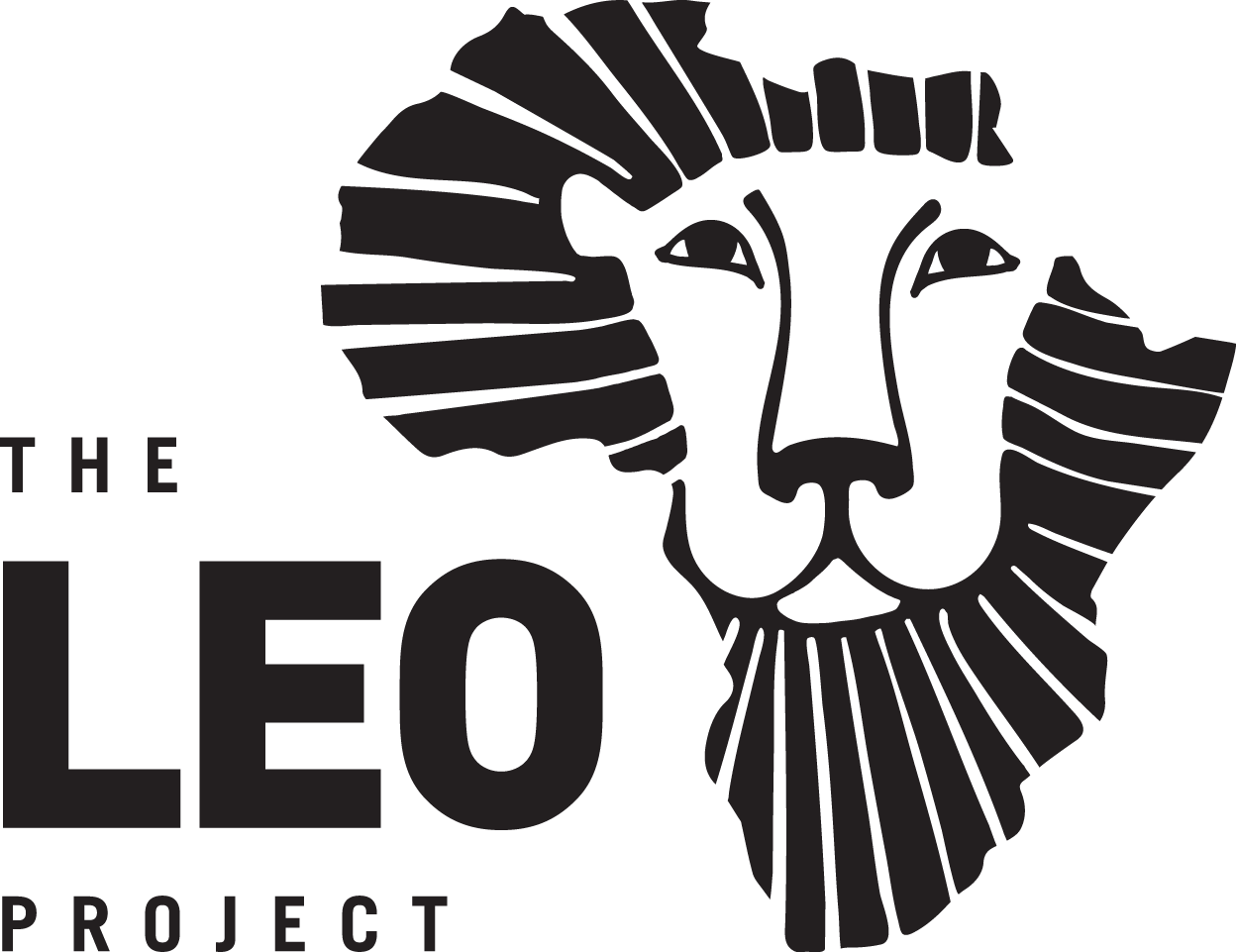What Health Equity Looks Like
At The Leo Project, we believe healthcare is a human right. But for many families, it remains out of reach—especially when treatment costs more than they can afford, leaving them in debt for years, or when getting care means long waits, misdiagnoses, or no answers at all.
This was the reality for the Ncube family here in Jua Kali, Kenya.
Shortly after their son Boaz was born, he became sick. Philip and Diana Ncube sought care at the local hospital where Diana had given birth. There, they were told treatment would cost 12,000 KSH ($92 USD)—an amount they simply could not afford. Still, they returned day after day, hoping Boaz would improve. But nothing changed.
Philip, Boaz, and Diana at home in Jua Kali.
Then they came to The Caitlin O’Hara Community Health Clinic at The Leo Project. “In one single day, Boaz was treated,” Philip recalled. “He was given medicine, and we were received well. After two weeks, he was improving. And it was less than 1,000 shillings [$7.70 USD].”
That first visit marked a turning point for their family. Since then, two of their other children have been treated for respiratory conditions they had struggled with for years without finding proper care elsewhere.
“Since visiting Leo, everything has changed,” Philip said. “It’s not like before. Because before, we were struggling so much. When someone was sick, you’d see the amount you were charged—and you couldn’t afford it. So you couldn’t get help. But now, everything is easier.”
Diana and Boaz
At The Leo Project, the difference was clear: they were heard. They sat with our Clinical Officer, Dr. John, who took time to ask questions, order tests, and explain every step of their care. Health workers were present, responsive, and kind. As Diana shared, unlike other facilities where she spent hours waiting, at our clinic she was seen quickly, given clear explanations about her and her children’s health, instructed on how to take their medications, and provided with a plan for follow-up.
“It’s like we were in darkness, but Leo put us in a light,” explained Philip. “Because my family is happy and healthy.”
Today, the Ncube family’s relationship with The Leo Project goes beyond the clinic. Their older children attend a local school where The Leo Project runs after-school programming, including digital literacy and health education.
From the clinic to the classroom, our goal is to meet families where they are—removing barriers, offering care, and investing in long-term well-being.
The Ncube family’s story is one of thousands. But it offers a clear picture of what health equity can—and should—look like.
The Ncube family
Health equity is access to care when it’s needed, not just when it can be afforded. It’s an accurate diagnosis, listening, testing, and follow-up. It’s a healthcare system that treats the whole person—and, as a result, the whole family.
When healthcare is treated as a right and made accessible to all, families thrive.
Your support is needed and makes a difference.
please consider making a donation.
The Leo Project is now expanding into in-patient care to address urgent needs in maternal health and cancer treatment—bringing life-saving services closer to home. Explore our hospital expansion plans here.



